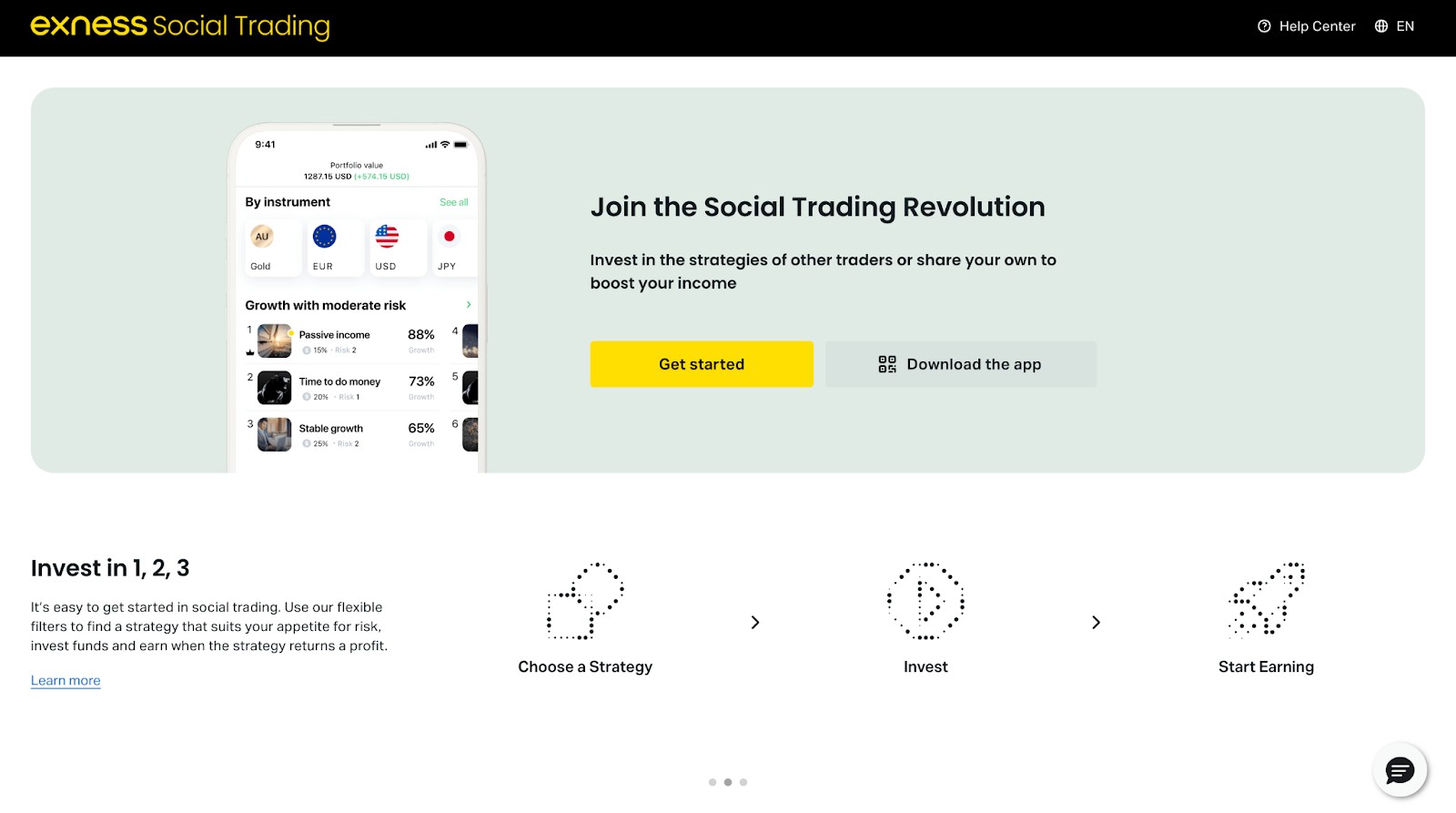
The Revolutionary Concept of Social Trading
Estimated reading time: 6 minutes
Key Takeaways
- Social trading combines traditional trading with social networking, fostering collaboration among traders.
- Its universal appeal breaks down barriers for both novice and experienced investors.
- Platforms focus on interactivity, offering real-time trade duplication and community engagement.
- Beginners can learn by observing seasoned traders but should remain vigilant against copying poor trades.
- Researching and selecting the right platform is crucial for a positive social trading experience.
Table of contents
- The Revolutionary Concept of Social Trading
- Key Takeaways
- Appealing to Investors of All Strata
- Navigating the Mechanics of Social Trading
- Dipping Your Toes in Social Trading as a Beginner
- Weighing the Pros and Cons of Social Trading
- Choosing the Right Social Trading Platform
- Gearing Up for Social Trading: Key Tips for Beginners
- Social Trading: A Look into the Future
- Frequently Asked Questions
Social trading is revolutionizing how individuals interact with financial markets. It combines the hallmarks of traditional trading with social networking elements, creating a platform for traders to connect, share strategies, and learn from each other in real-time. In the era of digital connections, social trading represents a significant development in investment practices, turning a traditionally individualistic approach into a collaborative experience.
Through this modern approach, individuals can draw from collective wisdom, learn successful strategies, and actively contribute to a global community of investors. This blog will delve deeper into what social trading entails, its benefits, and how beginners can navigate this innovative platform.
Appealing to Investors of All Strata
One of the main assets of social trading is its universal appeal. It dismantles the typical barriers to entry in financial markets and caters to both seasoned and novice investors alike. With rich resources at their fingertips and a supportive community backing them, traders can hone their skills and potentially boost their profits.
Navigating the Mechanics of Social Trading
To truly understand the impact of social trading, we need to break down its inner workings. The process revolves around the creation of interactive platforms where traders build profiles, followers select experienced traders to mirror and benefit from real-time trade duplication. These platforms enhance user experience with forums, discussions, and news feeds that facilitate even deeper engagement. The result is a thriving community where traders can share opinions, learn collectively, and enhance their trading strategies. These platforms also offer rich resources for users, further fostering a collaborative environment.
Dipping Your Toes in Social Trading as a Beginner
Social trading holds particular appeal for newcomers to the financial markets. It provides a supportive community where they can observe experienced traders in action, learn the ropes at their own pace, and begin to form their own trading strategies.
However, it’s crucial for beginners to take calculated steps. Start by evaluating different platforms, gradually build your investments, and always keep an eye on the performance of traders you follow. Evaluating different platforms will ensure that you find the right fit for your investment needs.
Weighing the Pros and Cons of Social Trading
Social trading also comes with its set of challenges. For instance, there’s the risk of copying poor trades or yielding to herd mentality, which could lead to losses. Thus, traders must remain vigilant in their evaluation of trader performance. But all said and done, the advantages tend to outweigh the pitfalls, making social trading a popular choice among modern investors. Understanding both the pros and cons is vital for making informed decisions in trading practices.
Choosing the Right Social Trading Platform
Choosing the right platform can make or break your social trading experience. Looking out for key features like transparency, security measures, and platform usability can greatly enhance your investing journey. Start by assessing your needs, then research platforms that align best with your goals—keeping in mind features, community size, and regulatory compliance. Researching and evaluating platforms is essential for successful trading.
Gearing Up for Social Trading: Key Tips for Beginners
While the prospect of entering the world of social trading can be daunting for newcomers, with the right approach, it can turn into a highly rewarding experience. Some key pointers to keep in mind are:
- Start by researching various platforms and zero in on one that fits your investment style and risk tolerance.
- Cast your net wide. Instead of following a single trader, follow multiple ones to diversify and hedge your risks.
- Start small and grow gradually. As you get the hang of things, you can increase your investments.
- Keep learning and refining your strategies. The world of trading is constantly evolving, and so should your trading skills.
Social Trading: A Look into the Future
With the rapid integration of advanced technologies, the future of social trading looks promising. Innovations are expected to further enhance the interactive nature of social trading platforms, providing users tools to analyze market behavior in more complex ways. As these frameworks evolve, they will continue to foster collaborative learning, honing the trading experience for users worldwide.
Frequently Asked Questions
1. What is social trading?
Social trading refers to the practice of observing and mimicking the trading actions of other investors, usually through an online platform.
2. What are the benefits of social trading?
It offers collective learning, community support, and opportunities for new traders to engage without a steep learning curve.
3. How can beginners start social trading?
Beginners should research platforms, observe experienced traders, and gradually build their own trading strategies.
4. What are the risks associated with social trading?
Potential risks include blindly following poor trades and the possibility of market manipulation by less scrupulous traders.
5. How do I evaluate a social trading platform?
Consider features such as user reviews, transparency, security measures, and community engagement when evaluating platforms.
